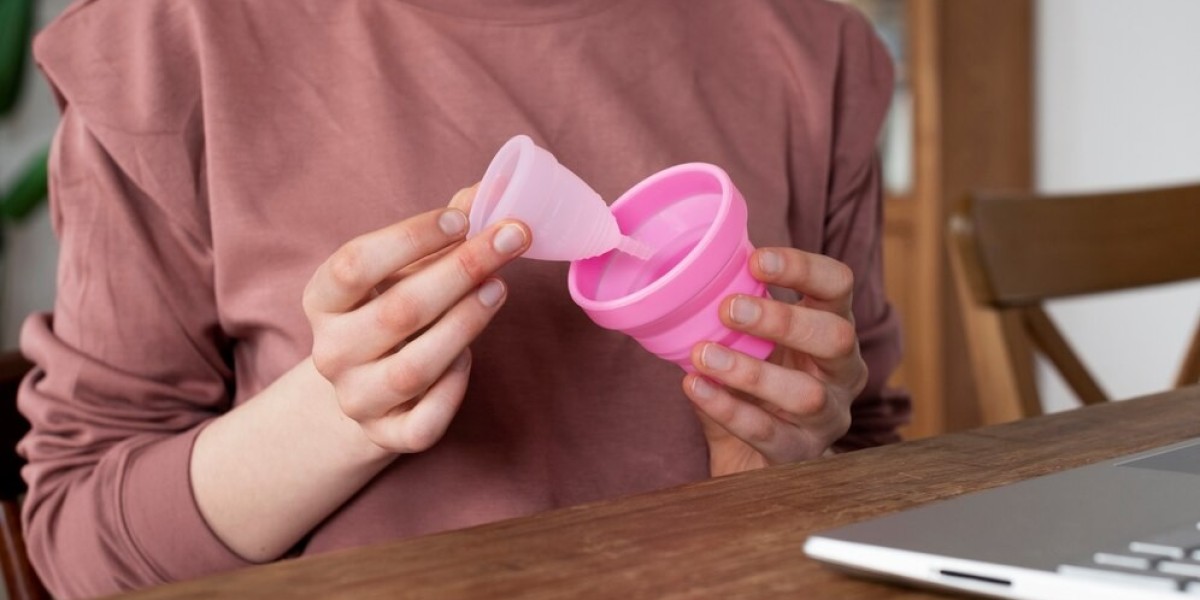Menstruation is a natural process that impacts many aspects of a woman's health. One of the lesser-discussed effects is how it can disrupt sleep patterns. Women often experience changes in their sleep during different phases of the menstrual cycle, and these disruptions can significantly impact both physical and mental well-being.
A Biological Perspective
Menstruation is a natural and essential function of the female reproductive system. It marks the shedding of the uterine lining (endometrium) when there is no pregnancy. T
This process is governed by hormonal changes, primarily the fluctuations of estrogen and progesterone, which prepare the body for potential pregnancy each month.
What You Can Do to Improve Sleep During Menstruation?
Maintaining a regular sleep schedule is one of the most effective ways to improve sleep quality. Going to bed and waking up at the same time every day can help regulate your circadian rhythm and promote more restful sleep, regardless of hormonal fluctuations.
Stress is a significant contributor to sleep disturbances. During the luteal phase, when mood swings and irritability are common, it’s important to incorporate stress-reduction techniques like deep breathing exercises, meditation, or yoga. These methods can help calm the nervous system and improve overall sleep quality.
Make sure your bedroom is conducive to sleep. Keep it cool and dark, and consider using a fan or air conditioner to regulate temperature, especially if night sweats are a problem. Comfortable bedding and pillows can also make a big difference in improving sleep during menstruation.
Estrogen and Progesterone
Estrogen helps regulate serotonin levels, which in turn control mood and sleep. When estrogen levels drop during the luteal phase, women often experience mood swings, anxiety, and irritability, all of which can interfere with their ability to fall asleep or maintain deep sleep.
Progesterone Known as the sleep hormone, progesterone has a calming effect on the brain and helps induce sleep. However, during the luteal phase, as progesterone levels increase, some women experience night sweats and frequent awakenings, which disrupt their sleep.
Reduced Absenteeism and Increased Engagement
When women experience less discomfort and health issues related to periods, they are more likely to remain productive and engaged in their work or studies.
In India, where menstrual taboos can sometimes result in girls or women staying home from school or work during their periods, the comfort and reliability of organic pads can help reduce absenteeism and promote better attendance.
This has a positive impact on overall productivity, both at the individual and societal levels.
How overnight organic sanitary pads play a role in Menstruation?
Overnight organic pads are typically more absorbent than regular pads, designed to handle the heavier flow that can occur at night. This ensures that users stay dry and comfortable for extended periods (usually 8-12 hours) without the risk of leaks.
The increased absorbency minimizes the need for frequent changing during the night, allowing for uninterrupted sleep.
Organic pads are often made from natural materials such as cotton, which are gentler on the skin compared to synthetic alternatives. This is especially beneficial for sensitive skin, reducing the likelihood of irritation or allergic reactions.
Some of the overnight top 10 organic sanitary pads as per the market as per the survey is Bliss Natural, Carmesi, Nua, Plush, Sofi, Bella, Peesafe, Sanfe, Azah and sirona
Organic pads are also typically more breathable, which helps to maintain skin health and prevent discomfort during sleep.
Track Your Sleep and Symptoms and address underlying Health Issues
Keeping a journal to track both your sleep patterns and menstrual cycle can help you identify trends and pinpoint specific times when sleep disturbances are most severe.
This information can be invaluable when discussing treatment options with a healthcare provider.
Underlying Health Issues If sleep disturbances during menstruation are severe or persistent, it may be helpful to consult with a healthcare provider.
In some cases, underlying conditions like endometriosis, polycystic ovary syndrome (PCOS), or thyroid disorders can exacerbate menstrual-related sleep issues.
What are some Global Efforts for Menstrual Equity?
Around the world, numerous organizations are working towards ensuring menstrual equity. These efforts include providing access to sanitary products, advocating for policy changes, and promoting education on menstrual health.
By raising awareness and fostering understanding, these initiatives aim to dismantle the taboos associated with menses and empower menstruators everywhere.
Conclusion
By understanding how hormones affect sleep, and implementing practical strategies such as creating a comfortable sleep environment, managing stress, and maintaining a consistent sleep schedule, women can reduce the negative impact of menstruation on their sleep. Addressing these issues head-on can significantly improve both sleep quality and overall well-being during the menstrual cycle.







